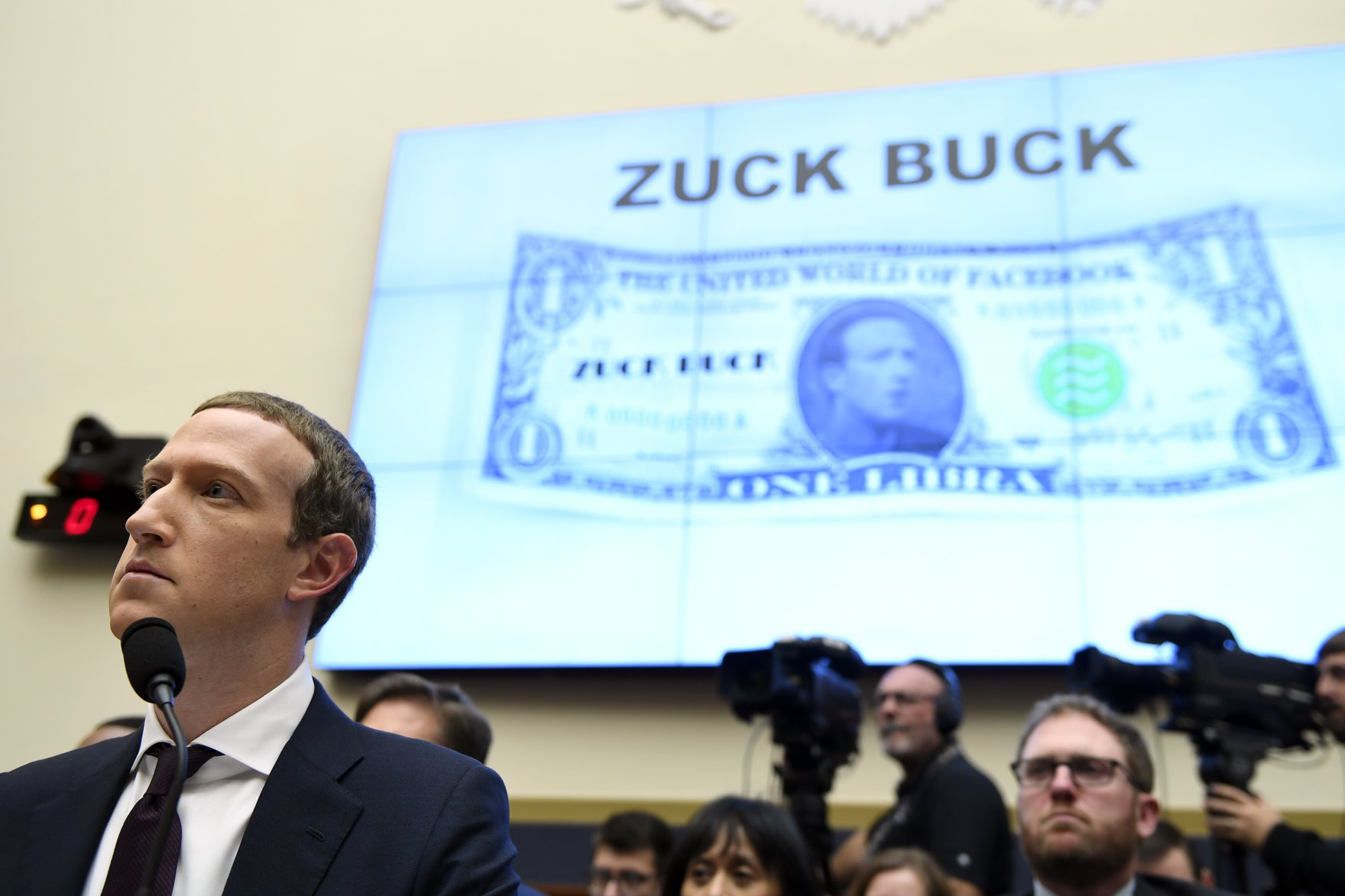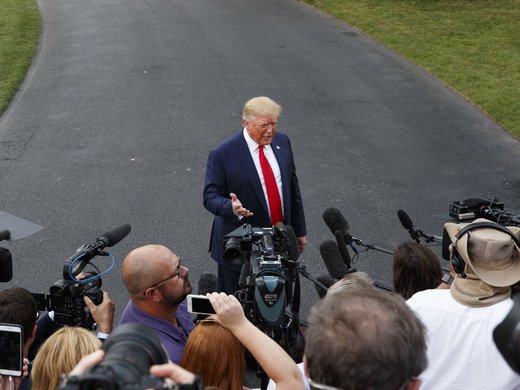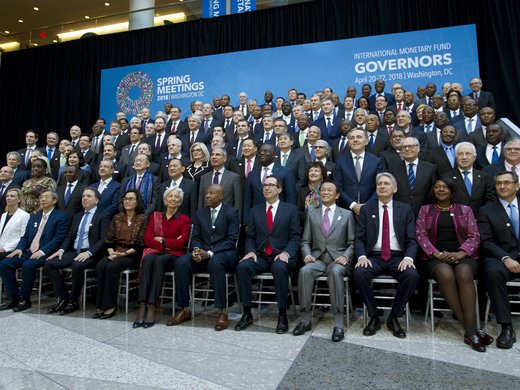The Bank of Canada did something unusual recently: it took to Twitter to set the record straight on its approach to cryptocurrencies, bypassing traditional media and its own website.
At issue was a story by The Logic, a digital publication that covers Canada’s technology industry. Reporter Zane Schwartz wrote that a year-old presentation on digital currencies that he had obtained via Canada’s Access to Information Act showed that “the Bank of Canada is considering launching a digital currency that would help it combat the ‘direct threat’ of cryptocurrencies and collect more information on how people spend their money.”
Not exactly, the Bank of Canada said in response.
“Our work on [central bank digital currency] is exploratory, given technological advancements and the important public service that bank notes provide to Canadians,” the Bank of Canada said in one tweet. “Any potential [digital currency] system would need the support of government,” it added in another. “It would also have to comply with Canadian privacy laws, as does any other payment provider.”
The Logic’s story was carried by the Financial Post and attracted the attention of Maxime Bernier, a former Conservative member of Parliament who started his own political party last year. (Bernier lost his seat in Parliament on October 21, and his People’s Party of Canada won 1.6 percent of the 17.9 million votes cast in the election.)
“I’ve written about how the central bank keeps debasing our currency,” Bernier said on Twitter. “Now it’s exploring a digital currency to replace cash and allow the government to spy on us. No need for conspiracy theories anymore. It’s being planned openly.”
The Bank of Canada’s tweets show that it’s adapting its communications strategy; it responded to an article by a digitally native publication about digital currencies on a platform where The Logic’s readers — and those interested in crypto-assets — would most likely see it.
More important, however, is the fact that the central bank felt the need to respond at all.
Facebook is backing the creation of a digital currency called Libra.
— CIGI (@CIGIonline) November 20, 2019
There's lots of potential, says @CarmichaelKevin, but they appear to have caught the global regulatory community off guard 🔊 pic.twitter.com/IkkEjcLoGI
Facebook’s desire to create a digital asset that would be used as a unit of exchange alongside dollars, euros and yens has made the future of payments a mainstream policy issue, and a sensitive one, because there is reason to doubt that the world’s major economies are ready for it.
“In the U.S., and other countries around the world, it is just a matter of time before we see massive disruption,’’ Tobias Adrian, the director of the International Monetary Fund’s monetary and capital markets department told Bloomberg News last month. “There is at least the potential that new technology might lead to a new global payment system fairly rapidly.”
Carolyn Wilkins, the Bank of Canada’s senior deputy governor, delivered the first speech by one of the central bank’s leaders on digital money in November 2014.
If not ahead of the curve, Wilkins was at the frontier of the next big thing in international finance. Bitcoin and the disruptive potential of various financial technology firms were only beginning to enter the public’s consciousness. The Bank of Canada began researching how digital innovations might alter the financial system and its ability to conduct monetary policy. In May, it conducted a successful experiment with the Monetary Authority of Singapore, in which the two completed a cross-border payment with their respective digital currencies.
Would-be private issuers moved faster.
In June, Facebook announced a plan to create a global “stablecoin” — its value pegged to another asset, such as gold or an existing currency, to reduce volatility — that would be available as soon as 2020 to the more than two billion people who use its platform. The US Federal Reserve, the White House and Congress all reacted negatively to the news, prompting some of Facebook’s original partners, including Mastercard Inc. and Visa Inc., to quit the project. A Group of Seven (G7) working group issued a report last month that said the adoption of global stablecoins was “uncertain” because “they face significant legal, regulatory, supervisory and operational challenges,” while also potentially compromising efforts to protect consumer data, curb tax avoidance, promote competition and protect financial stability.
“Same risks, same rules,” Bank of England Governor Mark Carney said in Washington on October 16, when asked if technology companies that provide financial services should face the same restrictions as banks.
Still, the Libra Association, the Geneva-based organization that will oversee Facebook’s proposed currency, called Libra, was christened on October 15 with 21 members, and its press release stated that more than 1,500 “entities” had expressed interest in joining.
Facebook can force the issue because it has the cash reserves to withstand a period of regulatory uncertainty. But its position is also strengthened by the failure of governments and legacy finance to create a universal financial system. While globalization has sped up commerce, and mobile technology allows connectivity from almost anywhere, payment systems remain much as they were decades ago. As a result, hundreds of millions of people have no ability to access the banking system, while fees and lengthy transmission times exacerbate inequalities.
The G7 and others have talked about doing something about financial inclusion for years, but it was Facebook that came forward with a possible solution. Regulators might be correct in slowing Libra’s advance, but without proposing alternative solutions, they lack the moral authority to hold it up for too long.
“It has put a spotlight on, well, how did we get here, with inefficient payment systems and ones where we don’t have access,” Wilkins said at a press conference in Ottawa on October 30. “And that’s put the onus on central banks and major participants, and the international network, to do something and quite quickly, as quickly as they can, to address those issues.”
Wilkins said developing policies for stablecoins would be a priority for the G7, the Group of Twenty and others in 2020. Last month’s G7 report also recommended that central banks speed up their work on creating their own digital currencies.
Among the issues to be discussed: how to keep a company with Facebook’s reach, access to data and cashflow from crushing competition. Officials will be keenly aware of how important that is, since it was the threat of competition that finally forced them to get serious about creating a modern payment system.




